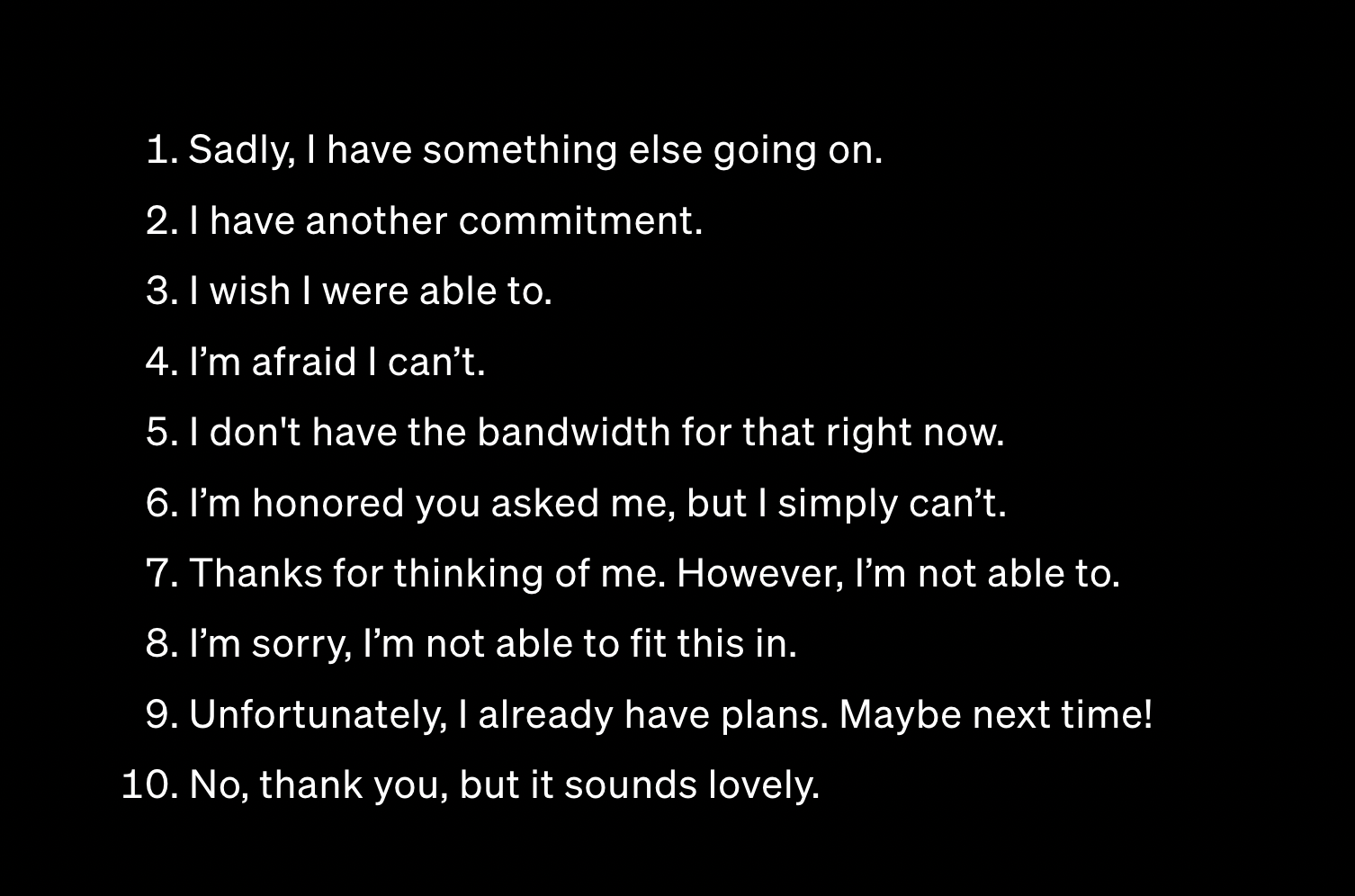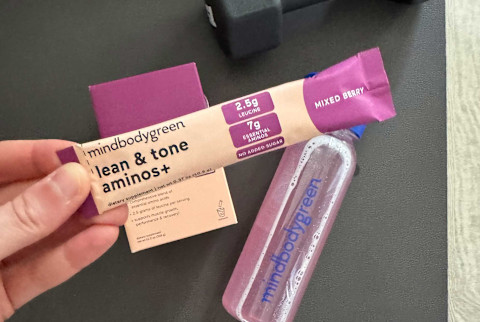To immediately tackle the elephant in the room, in this article I’m not referring to NO in terms of consent. That topic requires no conversation. No means no. Always. People should feel no shame in saying no and should absolutely demand that their “no” is respected and complied with. The article focuses on the role that NO plays in everyday professional and personal decisions.
Believe it or not, one of the most emotionally triggering words in our vocabulary is also one of the shortest. NO. Our relationship with no begins shortly after birth. It was probably yelled at us thousands of times. As we dared our first, unconscious, gestures attempting to interact with the world around us, we frequently heard the shrill tones and barks of 2 letters clearly setting boundaries that we didn’t understand. However the tone and the aggression of the word surely let us know that whatever that word meant it wasn’t good. No was intended to scare us straight.
Whether we like to believe it or not that initial no programming is currently alive and active in our day to day. We’re probably not even aware of our reactions to it or the subconscious relationships we have with that word. Hearing no can trigger fear, surprise, shame, or can create a sense of obstruction, subjugation, and dominance. For the entirety of our foundational years, we were taught that no is a bad thing. So our relationship to hearing it can be ambivalent. We might do whatever we can to avoid hearing it. And in most cases, we do whatever we can to avoid saying it.
If we’re romantically interested in someone and they say no, we live that as rejection and we can turn that word’s power inward….there must be something wrong with us if they said no. If a job says no, we can wonder if they didn’t like us, are we not qualified enough, what did I do wrong? When we don’t like someone we may want to say no but don’t want to hurt their feelings. We may think it’s better to avoid and we ghost them (psychologically this is way worse by the way).
Saying and hearing the word no is a good thing. In both cases it provides clarity. Even in childhood parenting, it is advised to use the word no. What’s cautioned is how frequently, and under what contexts, we say it. Where problems start is when we subconsciously equate the word no with failure, bad behavior or shame.
If you’re like me, it’s possible that you have to rewrite your relationship to the connotations of no. I had once read the statement that “what is yours will never be withheld from you”. Think Sliding Doors or Choose Your Own Adventure books. There may be multiple journeys that ultimately all lead to the same destination. It may sound a little woo-woo and self-helpy, but it’s actually an evolution of a line in the Bible.
This sentence flipped my relationship to no on its head. When people, places, situations, or opportunities didn’t pan out the way I wanted or envisioned – it wasn’t related to my worth or value as a person, employee, partner, friend, etc. It meant that what was saying no to me wasn’t for me. It was, however, creating an opportunity for something that WAS for me to come in.
It wasn’t rejection, it was redirection.
We’re trained to think no is a bad thing, but it can frequently be a great thing. If you change how you look at it. Now when I hear no, I respond “thank you”. I may be disappointed that I didn’t get what I want, but what I want isn’t always the best thing for me or what I need.
And just as I need my boundaries to be respected, I must also show that same courtesy to others. It is 100% within everyone’s right to tell me no. It doesn’t mean that they’re trying to punish me . It’s the human tendency to personalize the no that can get us into trouble.
As far as saying no, this may be harder for some of us especially if we have people-pleasing tendencies. We know we don’t like to hear the word no, so we don’t want to cause that same unpleasant feeling in someone else. But, as above, if you change your intention behind the no, you can help shift the dynamic. It doesn’t have to be about rejection, devaluation, or hurting feelings. It can be you creating the opportunity for that person to find what is more in line with them. This is a gift. They may not enjoy hearing it, but that goes back to the initial psychological programming we received in childhood.
You can also explain your no in terms of your well-being, which can be a gift for them to respect. “Thank you, but I’m not able to take this on right now or I’ll be overwhelmed. I really appreciate your understanding” allows them to participate in helping you protect your well-being. It’s hard to feel bad about that.
How to say no? Just as many child psychologists say, sometimes it’s better to use alternative language to no, especially if you feel it to be too direct. Below are some alternative no statements from Better Up and you can find some really helpful advice with practical every day situations at this article from Psych Central.

At the end of the day learning to say no and accept someone else’s no is an EI skill that requires development and practice. The good news is that once you make peace with no, you enter into a whole new dimension of personal empowerment.








